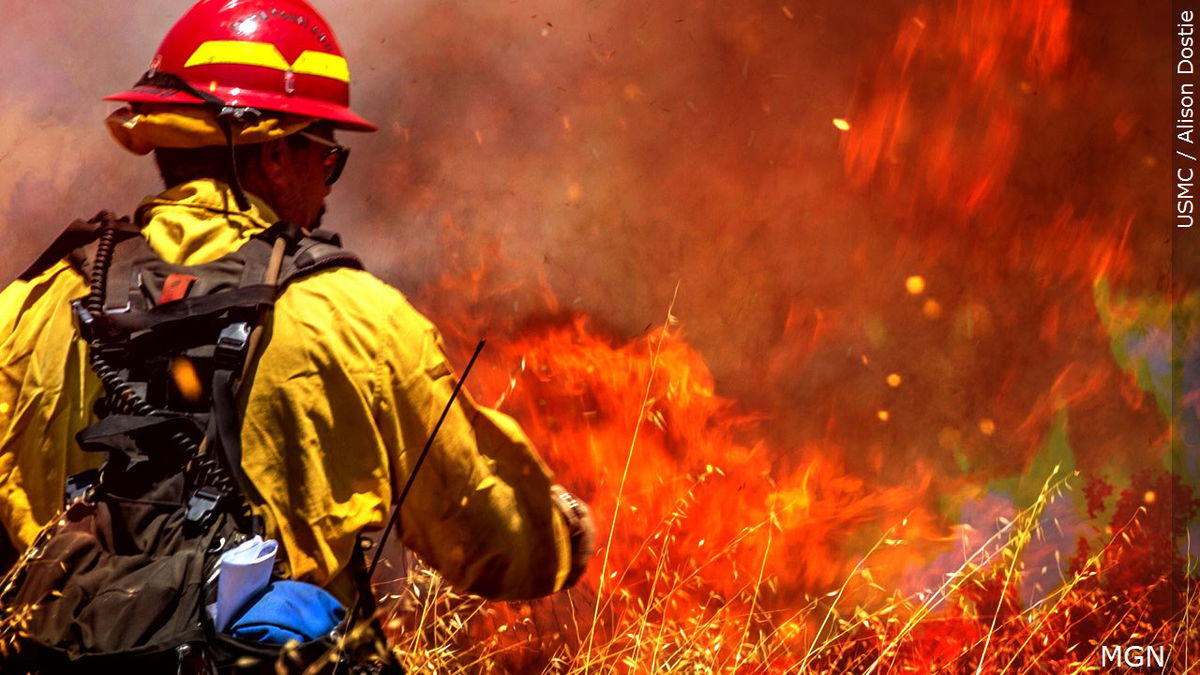Learn before you burn

IDAHO FALLS, Idaho (KIFI) - Controlled or prescribed burns are common during the spring months in Bonneville County as property owners take measures to improve the health of their fields; however, those fires can quickly become uncontrolled.
The Idaho Falls Fire Department is encouraging property owners to take extra preventative measures, check current weather conditions, and to let them know about controlled burns prior to starting them.
According to recent reports from Idaho water experts, more than half of Idaho is in a severe drought. Hot and dry conditions result in additional risk when conducting controlled burns. Low soil moisture increases fire behavior, resulting in hotter fires that could spread quickly. Landscape features that typically stop controlled fires may not do so in drought conditions.
These factors can be reduced with good planning, such as using wider firebreaks and only burning when air temperatures are less than 60 degrees Fahrenheit with wind speeds less than 12 mph (measured at 6 feet above the ground) and a relative humidity between 30 and 55 percent. Having the proper equipment will also help mitigate risk, including a readily available source of water, fire rake, shovel, and a cell phone should the fire become uncontrolled.
Before burning, get up-to-date forecast information by contacting the National Weather Service in Pocatello at (208) 233-0834 or by going to their website. Also check with the Idaho Department of Environmental Quality for daily air quality and weather condition reports.
“Keep in mind that while the wind conditions may be ideal in the morning, they could quickly change by early afternoon,” IFFD Public Information Officer Kerry Hammon said.
Prior to starting the controlled burn, call the Idaho Falls/Bonneville County Dispatch Center at (208) 529-1200 and provide them with the location, date, and time of the burn. Call them again when the burn is complete.
“We are fortunate to live in a community where people keep a watchful eye out for each other and call 9-1-1 when something is out of the ordinary, such as smoke and flames. By alerting dispatch prior to conducting a burn, the emergency communication officers will know it’s a controlled burn and will not send fire engines and ambulances rushing down the road with lights and sirens,” Hammon said. “This simple preventative measure also decreases risk to our personnel and others on the roadway."






